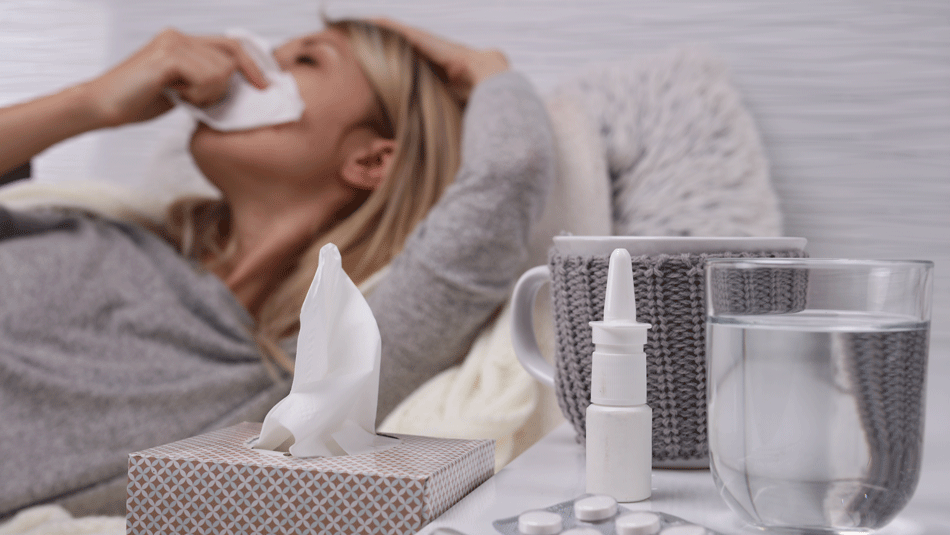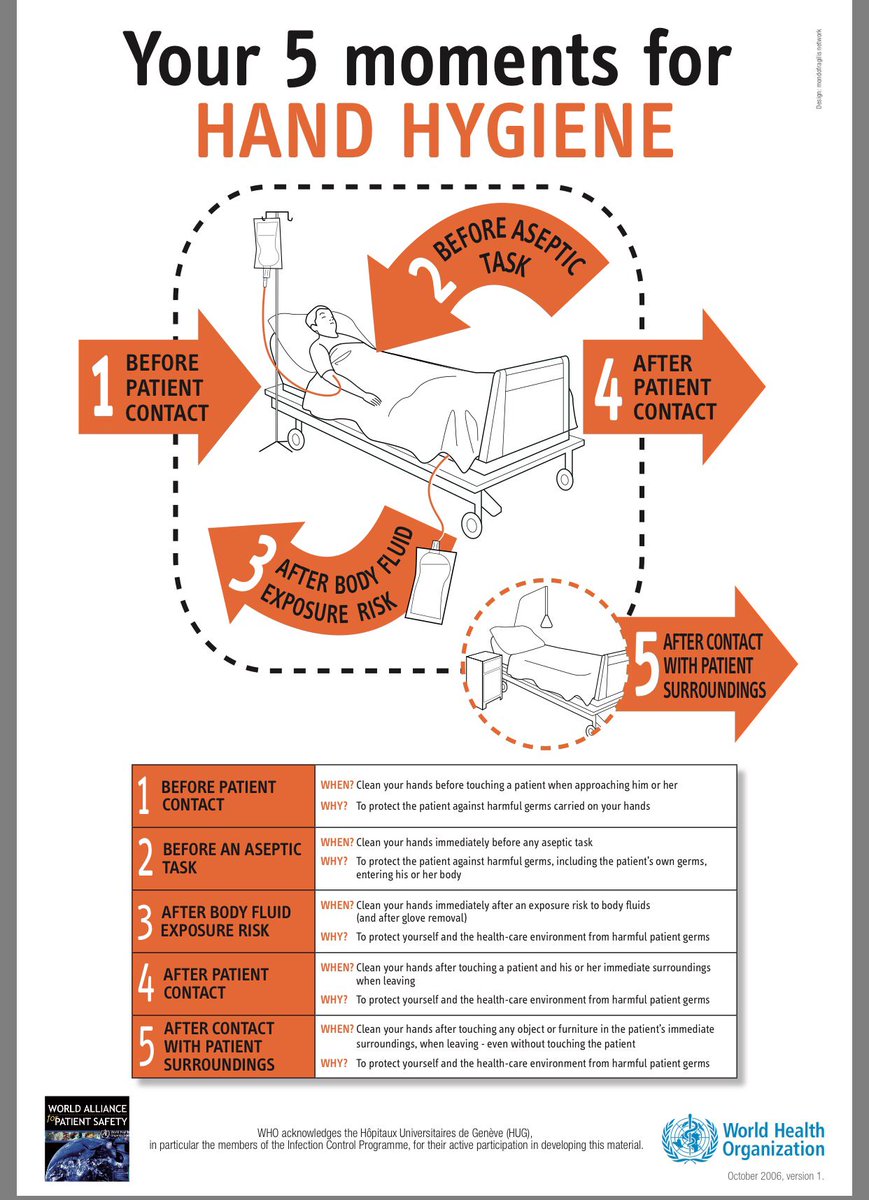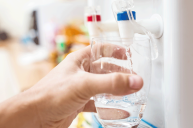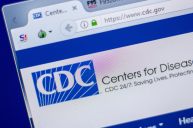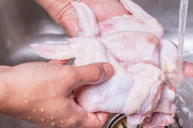Everyone seems to have their own ideas for preventing influenza when flu season strikes. Some people will tell you that keeping a bowl of onions bedside is your best line of flu defense. Some will swear by the flu shot or flu vaccine that gets your immune system revved up to fight it off. Others will insist eating raw garlic, while still others swear by a mixture of raw egg, honey, and whiskey, downed quick the minute they feel flu symptoms beginning.
Videos by Wide Open Country
While seasonal influenza can exacerbate existing chronic medical conditions like asthma and diabetes, flu viruses can be prevented if you're vigilant and careful. This is especially important for certain age groups, including the elderly and young children, who are a high risk of developing pneumonia or a severe illness. No one wants a sore throat and body aches no matter what time of year, but it's important to note the difference between flu activity, infectious diseases, and the common cold.
But it turns out, one of the most powerful barriers and best protection against the different flu strains, coughs, and cold is a simple action: washing your hands.
Why Washing Your Hands Works
Clever #nudging to promote #handwashing in kids! #BehavioralEconomics #Hygiene #infectioncontrol https://t.co/2QQmVwfvqS
— Eva Krockow (@EM_Krockow) October 28, 2017
Here's an icky truth: You can spread viruses and bacteria casually by touching contaminated objects or surface, and then casually touching your mouth or another person.
The health officials at the Centers for Disease Control and Prevention (CDC), call hand-washing a "do-it-yourself vaccine". CDC experts say that washing your hands routinely, especially prior to and following certain activities, is one of the toughest defenses against catching and spreading germs. For the good of public health, it's time you start taking hand-washing more seriously during a bad flu season.
When to Wash Your Hands
Frequent hand-washing is important, but particularly in these instances:
-
After using the bathroom.
-
After changing diapers.
-
After traveling on public transportation
-
After doing activities outside.
-
After touching an animal or animal food.
-
After touching trash.
-
Before eating.
-
Before, during, and after cooking.
-
Before and after treating a cut or wound.
-
Before and after caring for a sick person.
When you're sick with the flu or cold, experts recommend washing your hands more often. Whenever you cover a sneeze or a cough, you may be contaminating your hands and spreading germs to other people, and this is how influenza viruses begin to run rampant in offices, schools, and homes.
How to Wash Your Hands
Katelyn goes on wild ride after she washes her hands with a special soap #justforkids. #Amazon #Kindle #handwashing https://t.co/f717ejduTf
— nVizn ideas (@nVizn_ideas) October 30, 2017
Think you know how to wash your hands? You may be due for a refresher course.
The folks at CDC have fairly detailed guidelines for washing your hands the right way.
- Step 1: Wet your hands with water and turn off the tap.
- Step 2: Apply soap all over your hands, including the backs, fingers, and nails.
- Step 3: Scrub your hands for 20 seconds or more. Hint: 20 seconds is about the length of time it takes to hum "Happy Birthday".
- Step 4: Turn on the tap and rinse your hands.
- Step 5: Dry your hands with a clean towel or air dryer.
What About Hand Sanitizer?
#handwashing --and all I wanted to do was wash my hands pic.twitter.com/oQPEhkz69O
— Paul Smith (@mainlymono) October 27, 2017
If soap and water aren't immediately available, CDC officials say hand sanitizer with at least 60 percent alcohol will do in a pinch. According to experts, hand sanitizers can eliminate some, but not all germs. Never substitute hand washing with hand sanitizing when soap and water are available.
To avoid a bad flu infection this year, check in with your doctor regarding an influenza vaccine to decide if it's a fit for you this influenza season.
